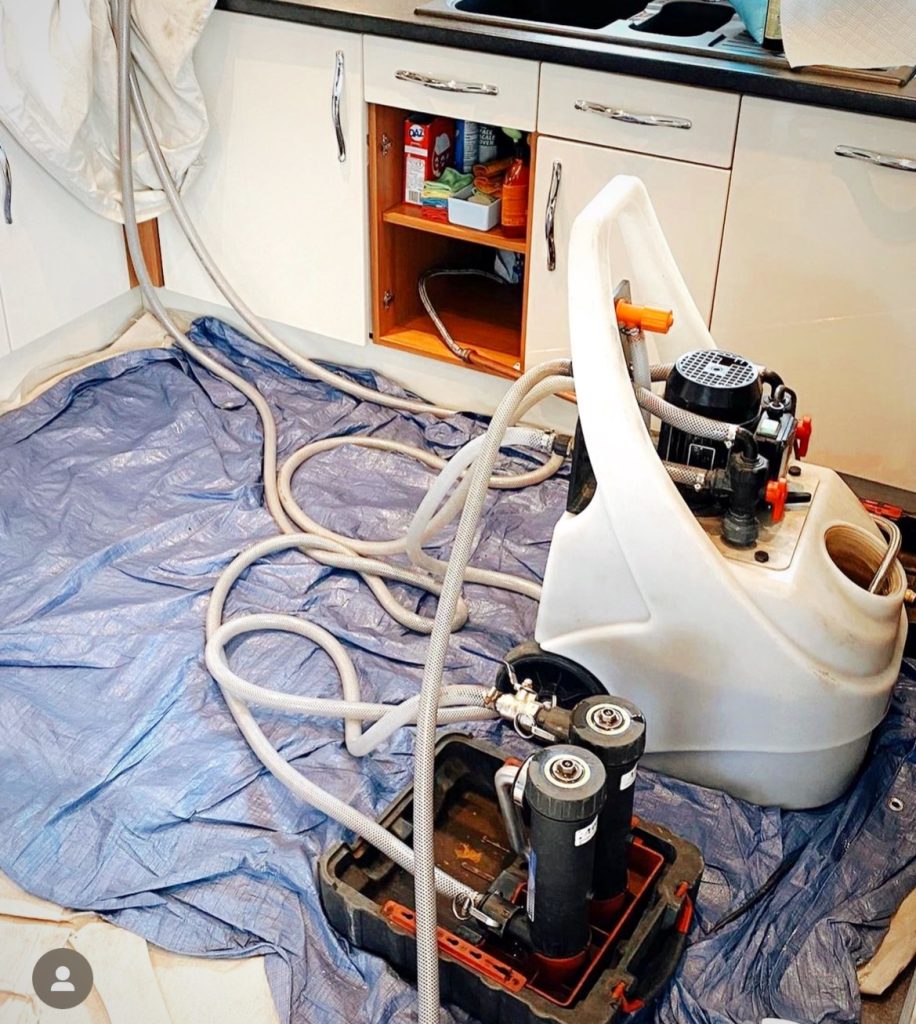Winter can be a beautiful time of year, with the snow-covered trees and the crisp, fresh air. However, it can also be a costly time of year, especially when it comes to heating bills. Heating costs can account for a significant portion of your monthly expenses, particularly during the coldest months. If you’re looking to save money on your heating bills this winter, there are several things you can do to keep your home warm and cozy without breaking the bank. Here are some tips to help you save money on your heating bills this winter.
-
Seal Your Home
One of the biggest culprits of heat loss in your home is air leakage. Gaps and cracks around windows, doors, and other openings can let cold air in and warm air out, making your heating system work harder than it needs to. Sealing your home can help to prevent this, keeping the warm air in and the cold air out. You can use caulking or weather stripping to seal gaps around doors and windows, and foam sealant to fill gaps around pipes, vents, and other openings.
-
Install a Programmable Thermostat
A programmable thermostat can help you save money on your heating bills by automatically adjusting the temperature in your home according to your schedule. You can set the thermostat to lower the temperature when you’re away from home or sleeping and increase it when you’re awake and active. This can help you save money on your heating bills by reducing the amount of time your heating system is running when you don’t need it.
-
Use Natural Heat Sources
Using natural heat sources, such as sunlight, can help to keep your home warm without relying on your heating system. Open your curtains and blinds during the day to let in natural light, and close them at night to keep the heat in. You can also use rugs and draft stoppers to help prevent heat loss from floors and doorways.
-
Insulate Your Home
Proper insulation can help to keep your home warm and reduce the amount of heat loss through walls, ceilings, and floors. You can add insulation to your attic, walls, and basement to help keep your home warm and reduce your heating bills. You can also use insulation to seal gaps around pipes, ducts, and other openings to prevent heat loss.
-
Service Your Heating System
Regular maintenance and service of your heating system can help to ensure that it is running efficiently and effectively. A well-maintained heating system can help to reduce your heating bills by using less energy to heat your home. Make sure to change your air filters regularly and schedule annual maintenance with a licensed HVAC professional.
-
Use Energy-Efficient Heating Methods
Using energy-efficient heating methods can help to reduce your heating bills and your environmental impact. Consider using a wood-burning stove or fireplace to heat your home, or invest in a high-efficiency heating system that uses less energy to heat your home.
-
Lower the Temperature
Lowering the temperature in your home by just a few degrees can help to save you money on your heating bills. You can start by setting your thermostat to 68 degrees during the day and lowering it to 62-64 degrees at night. You can also wear warmer clothes, such as sweaters and socks, and use blankets to stay warm.
-
Unplug Electronics
Electronics and appliances that are plugged in but not in use can use energy and contribute to your heating bills. Unplug electronics and appliances when they’re not in use, or use a power strip to turn them off when you’re not using them.
-
Use a Humidifier
Using a humidifier can help to keep your home warm and reduce your heating bills. Moist air feels warmer than dry air, so adding moisture to your home can help you feel warmer without turning




